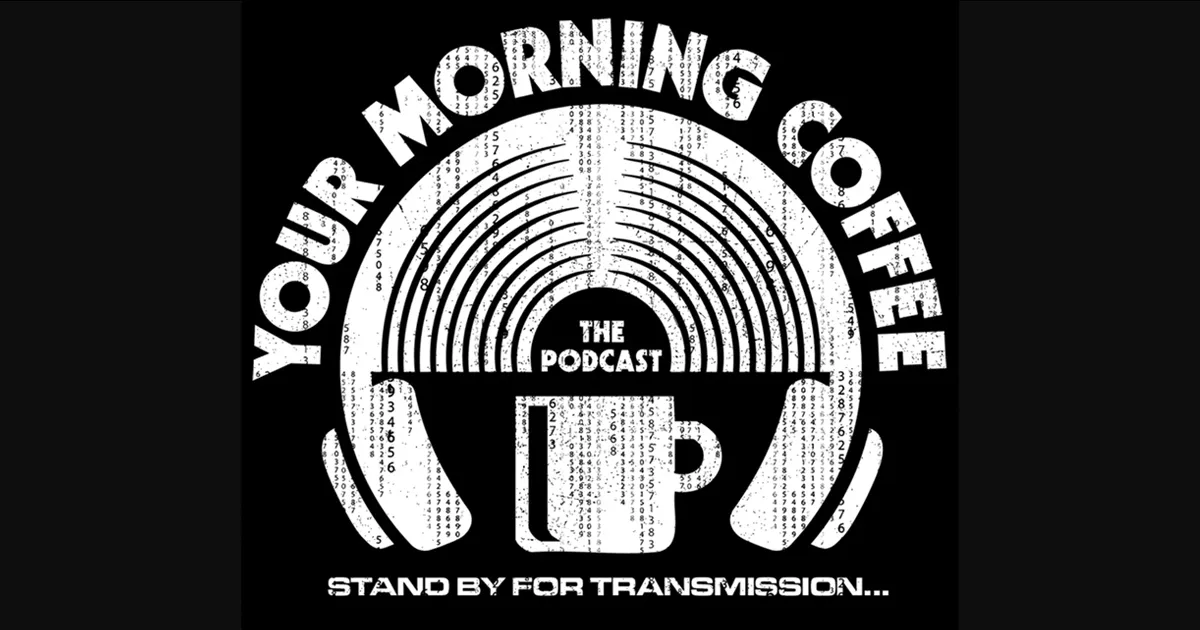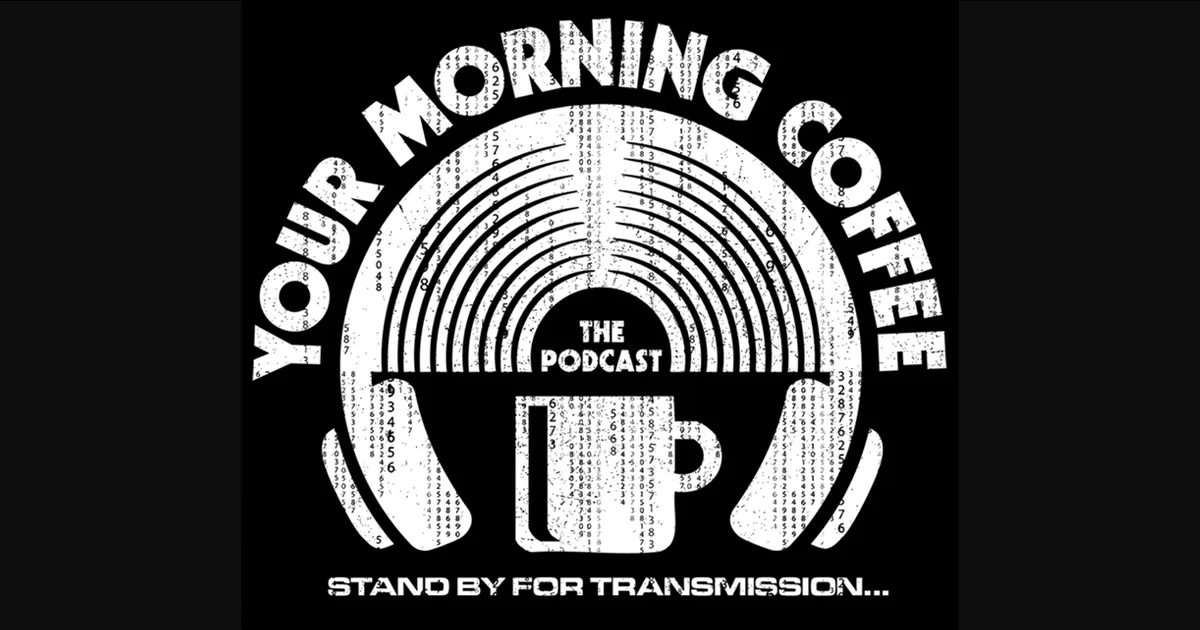________________________________
Guest post by Sam Lefebvre of CASH MusicSixty or so people enter an unmarked door in San Francisco’s Tenderloin district and navigate the hallways of a recording studio, brown bag beers in hand. They gather in a small room, sprawl across couches and the floor, and await brief, spare sets by the evening’s unannounced entertainers while videographers hover in the corners.This unpermitted, homespun gig probably sounds familiar to participants in independent music. Unusually, though, it was coordinated by a start-up underwritten by millions in venture capital, Sofar Sounds. And though each attendee paid $15-$30 to attend, the artists will be compensated with some footage of their performance.The evening's emcee, an ebullient company rep named Erin, recites the story of Sofar, which stands for “songs from a room”: It started in England in 2009, she recounts, after the founders grew frustrated trying to experience live music amid bar chatter and other such distractions. Now, it operates in more than 300 cities worldwide.“So stick to limited phone time,” she says. “You can take pictures and post them to social media and hashtag them, in fact you should do that, but, like, don’t text.”Although Sofar boasts loyal users — upwards of twenty gigs sell out every month in the Bay Area — a growing number of artists are scrutinizing the huge chasm between company value and compensation.And others say the company needn’t exist, that it just siphons money from the sort of gigs that already thrive without corporate interference.Following criticism in the media, Sofar’s optional artist stipend recently increased. And Artist Community Manager Ed Burgon, a musician based in London, says that the company is exploring more benefits: a social media component that would allow users to follow artists, for instance, plus coordinating tours through Sofar. Still, company representatives tend to sound sympathetic while they cry poor, emphasizing that the business runs at a loss.But that hardly placates critics in the Bay Area, where start-ups’ profitability often takes a back seat to growth and shareholder returns. Sofar, which this year partnered with Airbnb, is backed by venture capital firms to the tune of nearly $6 million, according to Pitchbook.com, in addition to funds from Virgin Group founder Richard Branson. The company employs more than sixty people worldwide.Here’s how it works in ticketed cities: Prospective show-goers apply to attend gigs in a chosen neighborhood on a chosen date and, if selected — since these audiences are “curated” — purchase a ticket for $15. Airbnb users can pay $30 for guaranteed admission. Hosts volunteer their home or office. Performers, scouted by regional volunteers, receive either a video of their set or $100.Sofar puts average attendance at 70, so average shows garner $1000-$2000.The performer rate used to be $50. An email sent to “alumni” artists about the increase last month — shortly after the publication of a critical KQED article— says that “Sofar has never been about the money.” Still, it continues, “[N]ow that we’ve reached a point where we’re not losing money on every show, we want to make sure the money is working for the artists as well.”“It came to the point where the economics of Sofar made that feasible,” Burgon elaborates, adding that they cut back on video contractors in order to bump the artist rate. “But it’s absolutely not the final word on how we compensate artists.”Performance footage goes on Sofar’s ad-supported YouTube channel, which has more than 87 million views. Sofar retains that revenue, which the company’s website calls “nominal.” Earnings are also slim for camera people — $50 per show, according to two videographers at a recent gig in San Francisco. One of them dismissed concerns about the low rate because, she wrongly insisted, Sofar is a “nonprofit.”San Francisco songwriter Carly Bond, who fronts the band Meernaa, played a Sofar Sounds house show in 2015. It was an intimate setting, as promised, but the tech industry parlance of the introduction turned her off, and there was no PA system. “The payment was one video, which we didn’t receive for a year and a half,” she recalls. “Once we got it, the sound was so bad that we didn’t share it, but they put it on YouTube.”Bond says that whenever Meernaa was asked to perform after that, she’d politely decline. She bristled, though, when she was asked to play a show this year for International Women’s Day. “I told him we have a fee of $250, knowing he’d probably say no,” she says. “And then I get this weird email about how he donates fifteen hours a week to do this and all that. I look him up and he works for Twitter.”In the email, which Bond shared with Watt, volunteer Sam Toizer writes that, according to a survey of more than a thousand artists, only “a few” said they wanted “more money” for playing Sofar shows. Instead, he emphasizes the value of networking and a guaranteed audience. This, he asserts, is “beyond monetary compensation.”When Oakland songwriter Madeline Kenney arrived at her first Sofar gig in San Francisco, she was disappointed to find a startup office instead of a house. She’d sent an input list days before, but the designated area for the band lacked even an outlet. “They talked down to us, like, ‘That’s why people play unplugged,’” she recalls. “The video we got months later basically sucked. It was kind of a joke.”According to Sofar global rep Burgon, Toizer’s characterization of the survey responses is actually plain wrong. “The overwhelming feedback was, ‘Yeah, we should be able to get paid more,’” he says. He also acknowledges earlier inconsistencies with delivering promised videos, and insists that the system has been streamlined and improved in major markets.Like many so-called “sharing economy” companies, Sofar Sounds’ business model hinges on evading regulation.That’s disconcerting to Jocelyn Kane of the San Francisco Entertainment Commission, a government body tasked with promoting and regulating nightlife, on the grounds of public safety. “I’ll say that this company has not come to suss us out,” she says. “I thought we’d hear from them.”But it’s tricky. Kane says that house shows, so long as they don’t become nuisances to neighbors or attract law enforcement, are generally considered private events that don’t concern the commission. Shows in offices or other such commercial spaces, though, run the risk of violating occupancy and land-use laws intended to ensure safe assembly.Burgon says that Sofar volunteers conduct pre-show and day-of-show safety checks at host sites, and that onsite organizers direct attendees’ attention to emergency exits. Still, Kane says that event details, such as those described at the outset of this article, potentially pose “a lot of problems.”Kane stresses that the commission’s one-time events permits are easy to acquire, adding that that the process gives her colleagues an opportunity to vet prospective venues’ safety. “It’d be a cost of doing business that’d make us much more comfortable,” she says. “And at that point we’d be able to give them some education around things like alcohol.”Underground shows at houses or other unpermitted venues similarly sidestep often costly and burdensome permitting, and they, too, usually rely on volunteers to collect cash at the door or work sound. But the similarities to Sofar gigs, according to Oakland house show organizer Adam Johnson, stop there. “I see some differences that violate the basic ethic that makes real house shows so valuable,” he says. “They all basically fall under accessibility.”Johnson’s house shows, which happen every week or so, generally draw 80-100 people and cost $5-$8, but no one is turned away for lack of funds. (Colloquially, the policy is referred to as NOTAFLOF.) All of the money goes to the bands. Locals usually decide to allot touring acts most of the cash, or else divide it evenly. Johnson says these payouts almost always exceed Sofar’s stipend, sometimes exponentially. Plus, someone films the gigs.According to Johnson, $15 is excessive for shows run by volunteers, curating attendees is risible, and the idea of tiered ticketing with special privileges runs directly against the egalitarian principles of underground music. To him, Sofar is an interloper, extracting money from shows that should run on goodwill and transparency, and should challenge rather than mirror the inequities endemic to the music industry.“Basically what Sofar does is take these positive values that allows DIY to happen, like people being willing to volunteer or play for little money, and it exploits them,” Johnson reckons. “These shows sound like great ideas if you don’t know where the money goes.”




